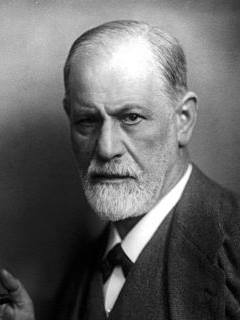
Publication details
Publisher: Palgrave Macmillan
Place: Basingstoke
Year: 2012
Pages: 137-155
ISBN (Hardback): 9781349318971
Full citation:
, "Psychoanalytic critique and beyond", in: Conceptions of critique in modern and contemporary philosophy, Basingstoke, Palgrave Macmillan, 2012


Psychoanalytic critique and beyond
pp. 137-155
in: Karinde Boer, Karin de Boer, Ruth Sonderegger (eds), Conceptions of critique in modern and contemporary philosophy, Basingstoke, Palgrave Macmillan, 2012Abstract
I would like to begin with a question about tone. Is critique tonally inflected? Does critique speak in a critical voice? I ask because there is no avoiding it: the answer to the question "what is enlightenment?" whether in Kant's famous 1784 essay or in Freud's psychoanalytic critique of religion in The Future of an Illusion (1927) and Civilization and Its Discontents (1930), brings with it a distinctive tonal quality.1 It is as if Freud's post-war analysis of the "psychical infantilism" that is religion reproduced with exquisite accuracy the stringency of Kant's stinging indictment of humanity's 'self-incurred immaturity" in pre-revolutionary Europe. The satirical tone is, of course, not the only thing that these Enlightenment thinkers share. They also share an understanding of what lies behind this neurotic infantilism, this self-incurred immaturity, namely, pleasure.
Cited authors
Publication details
Publisher: Palgrave Macmillan
Place: Basingstoke
Year: 2012
Pages: 137-155
ISBN (Hardback): 9781349318971
Full citation:
, "Psychoanalytic critique and beyond", in: Conceptions of critique in modern and contemporary philosophy, Basingstoke, Palgrave Macmillan, 2012


